Craft villages attract tourists
Within the framework of the first Co Tu Traditional Cultural Festival in Song Kon commune, the booth of the people of Bho Hoong village was always crowded with visitors. Hundreds of woven and brocade products were made by the people themselves, both unique and sophisticated, making many visitors, especially international visitors, excited to buy them as souvenirs.
A woven loincloth costs from 800,000 to 1 million VND, a short skirt is about 500,000 VND, and a pair of shawls is up to 1.2 million VND. Wicker products are also of equivalent value depending on the sophistication and size. Many households have a stable source of income thanks to this, no longer relying solely on slash-and-burn farming.
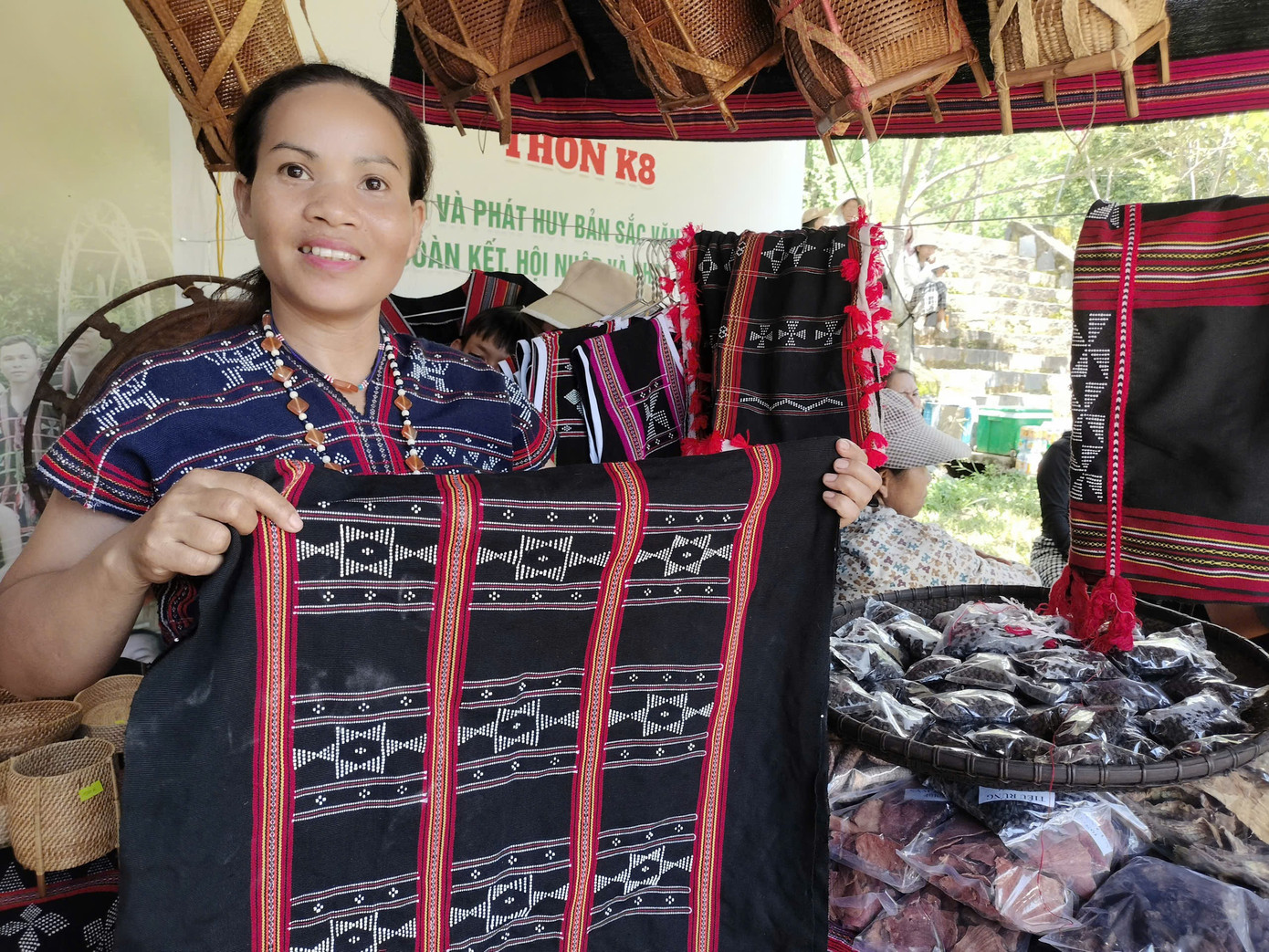
Ms. Aral Thi Muc, a member of the working group in charge of weaving, said: “Currently, there are 15 households participating in the village, of which 5 households specialize in production, and 10 others are learning and gradually expanding. In total, about 50 women participate in brocade weaving, both preserving the traditional craft and earning extra income.”
According to Ms. Muc, during the peak tourist season, the products are not enough to supply. Tourists, especially foreigners, are very fond of these handicrafts because of their uniqueness and rich cultural identity.
Not only Ms. Muc, Ms. Aral Thi Gay’s family is also a testament to the change thanks to the community tourism village model. Previously, the economy depended entirely on farming, income was unstable, and children lacked the conditions to study. Since joining the model, Ms. Gay has been trained in tourism skills and learned how to improve the quality of traditional products.
“Now, in addition to the farming season, I take advantage of knitting and weaving. It’s both fun and provides an additional source of income. Thanks to that, my children can get a full education and life is much less difficult,” Ms. Gay shared.
In addition to handicrafts, women in the village also participate in culinary and art groups to serve tourists. Tourists not only come to shop, but also experience the culture, enjoy traditional dishes, and immerse themselves in the unique festival atmosphere. Thanks to that, community tourism in Bho Hoong is increasingly flourishing.
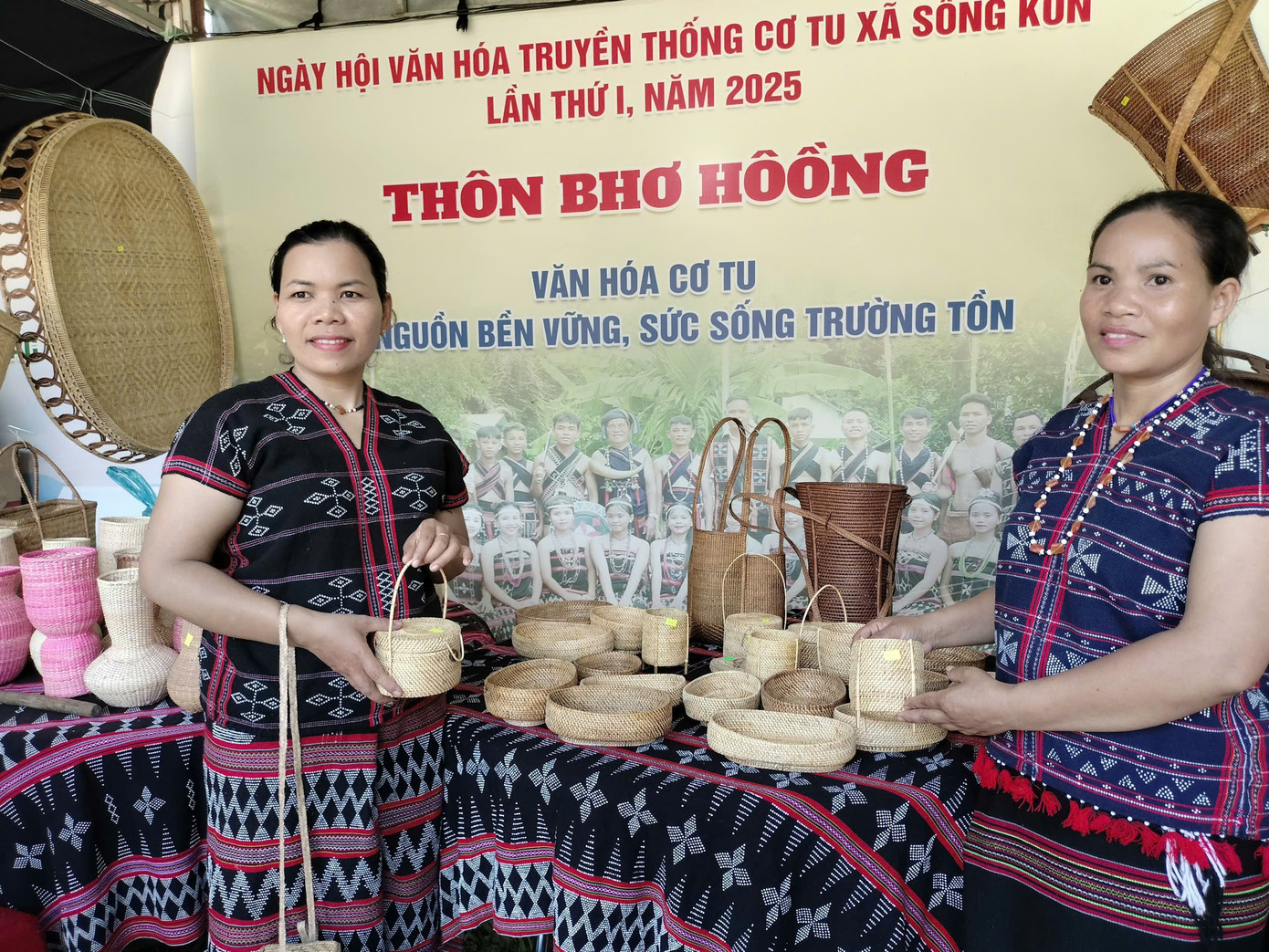
"We hope that after merging with Da Nang City, there will be more tours to the highlands so that people will have more opportunities to expand and introduce more about the traditional beauty of the Co Tu people," said Ms. Muc.
Preserving the soul of weaving to create sustainable livelihoods
Weaving is one of the long-standing crafts of the Co Tu people. In each stilt house, from the baskets for going to the fields, the rice trays, the betel trays to the jewelry boxes are all associated with the skillful hands of the people. These products not only have practical value but also have cultural significance, always present in the traditional ceremonies and festivals of the people here.
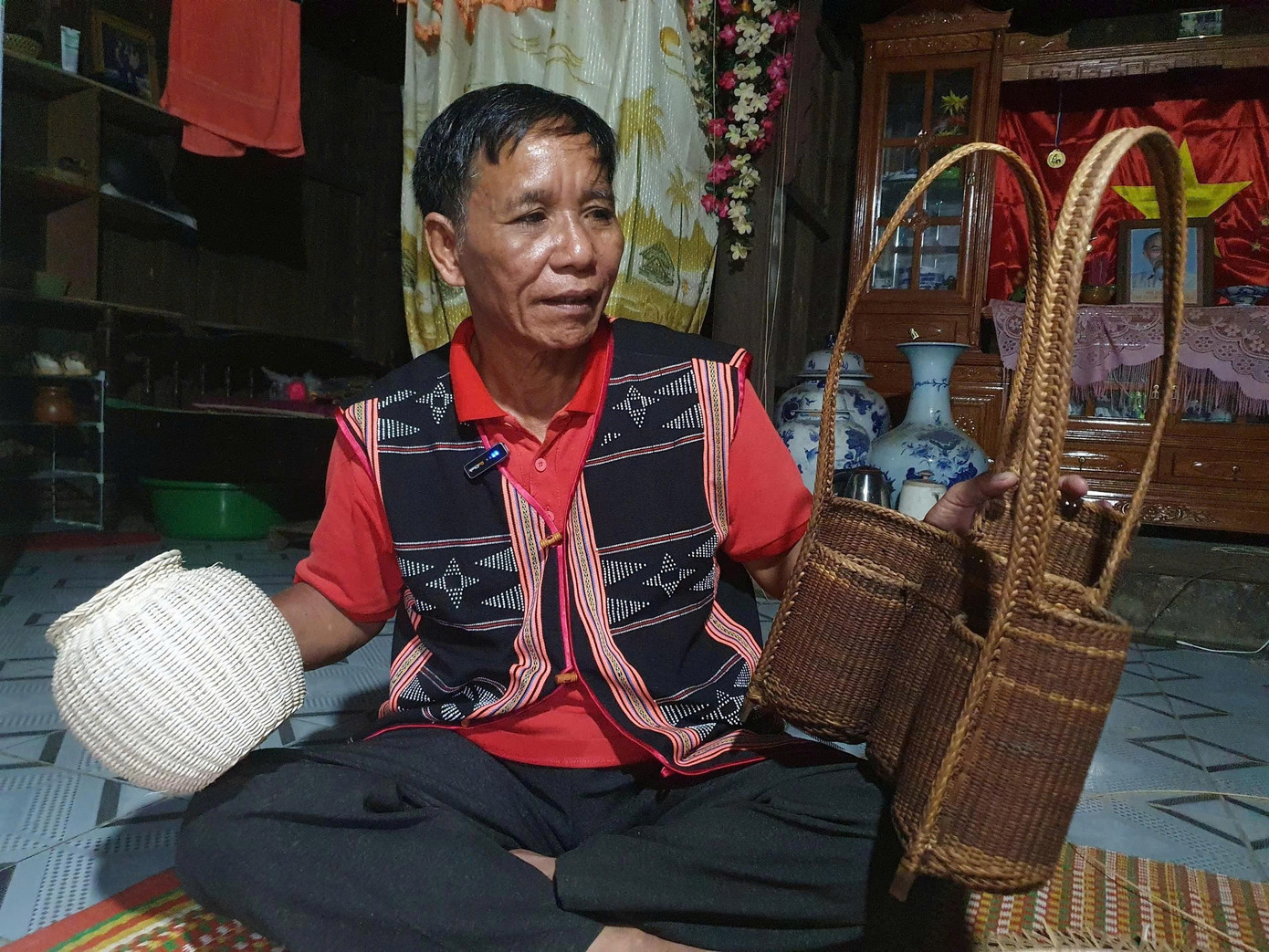
Village elder Bhling Bloó (70 years old) is one of the typical artisans who still maintain the profession. Every year, he makes hundreds of sophisticated products, from tea trays, bamboo trays to jewelry boxes. All use raw materials taken from the old forest, processed by traditional methods: bamboo and rattan strips after being split and whittled will be hung on the kitchen rack to be smoked, both to prevent mold and to help the product be durable and shiny with a cockroach brown color.
In addition to production, village elder Bloó also opened free classes to teach young people in the village. At first, many people learned just out of curiosity, but when they saw that the products were popular with tourists and sought after by traders, they began to stick with it. Up to now, many of his students have enough skills to make their own products to sell on the market, creating an additional source of income for their families.
According to village elder Bloó, the government’s attention to policies supporting community tourism development has helped people gain more confidence and motivation. “Weaving and brocade weaving is not only a livelihood, but also a cultural beauty of the Co Tu people. When we join community tourism, we can both preserve our traditions and create a sustainable livelihood for our children and grandchildren,” village elder Bloó shared.
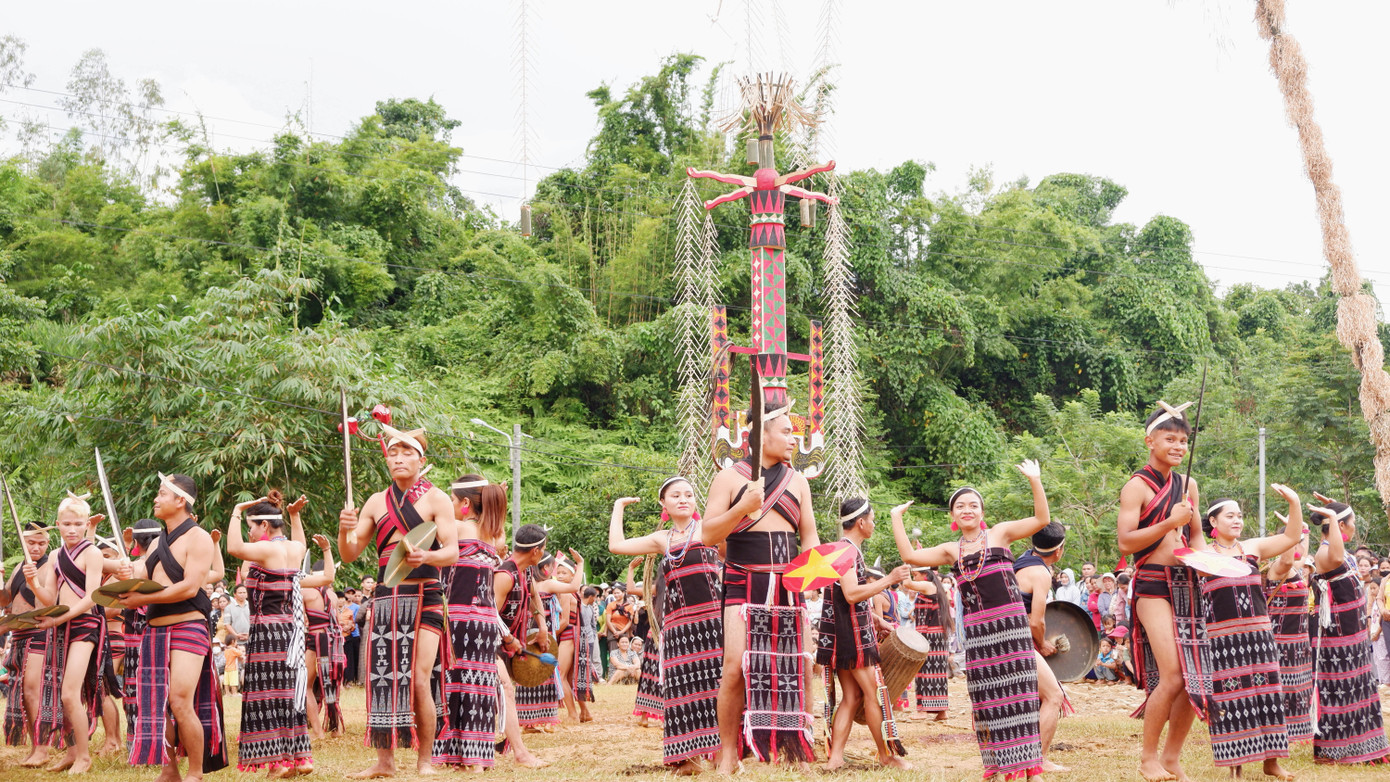
In fact, the community tourism model combined with traditional occupations in Bho Hoong has opened up opportunities to escape poverty for dozens of households. If in the past, the economy mainly relied on slash-and-burn farming, now each household has an additional income of tens of millions of dong each year from selling handicrafts, making cuisine, performing arts, serving food, and providing accommodation for tourists in need. More importantly, the cultural identity of the Co Tu people is being preserved and spread. All of this is creating a special attraction, making visitors to Bho Hoong not only admire the mountain scenery, but also feel the cultural soul of this place.
Amidst the modern pace of life, the sound of looms and the nimble hands of Co Tu women weaving rattan and fabric still resounds regularly. These simple products continue to write the story of poverty escape and rise of a highland village.

Tourists jostle to see the unique 'heavenly offering dance' of the Co Tu people

Many eco-tourism models create jobs for the Co Tu people in Da Nang.

Experience the life of the Co Tu people

Co Tu village kitchen goes to Western street
Source: https://tienphong.vn/du-lich-cong-dong-ket-hop-nghe-truyen-thong-giup-nguoi-co-tu-o-da-nang-thoat-ngheo-post1780195.tpo





![[Photo] Solemn opening of the 1st Government Party Congress](https://vphoto.vietnam.vn/thumb/1200x675/vietnam/resource/IMAGE/2025/10/13/1760337945186_ndo_br_img-0787-jpg.webp)


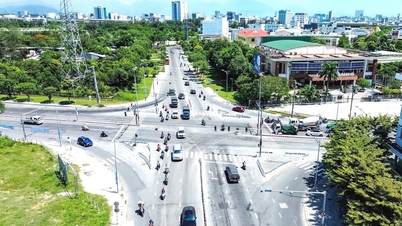


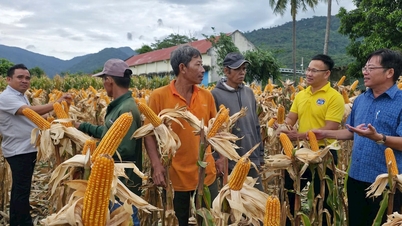







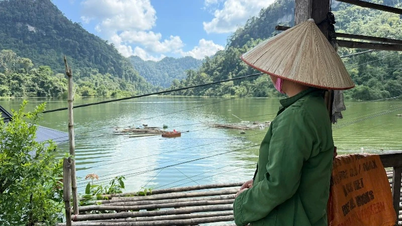

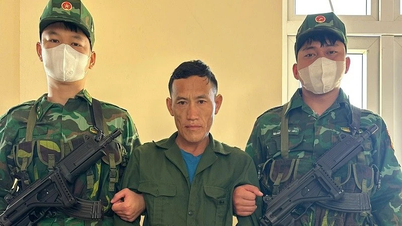

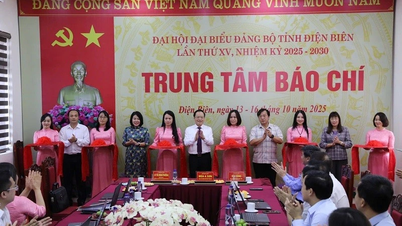
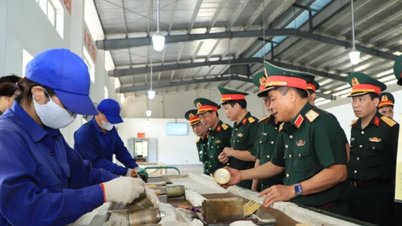
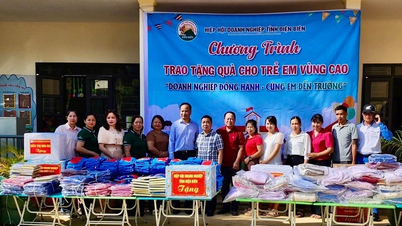




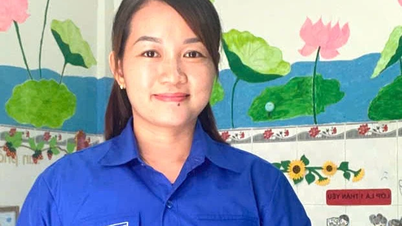











































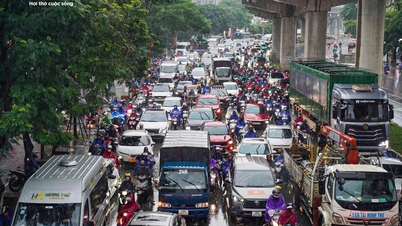
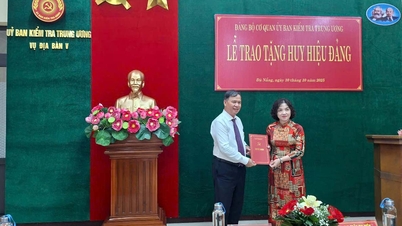








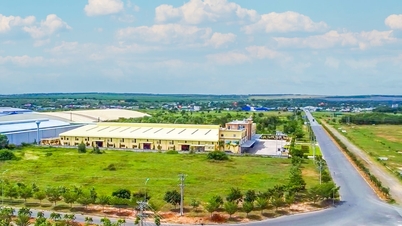


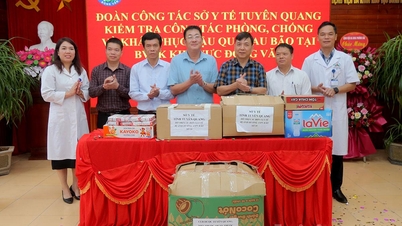
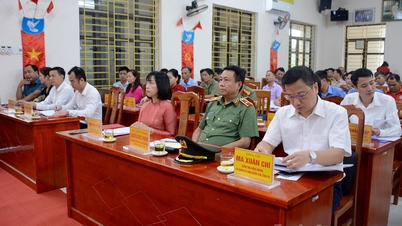
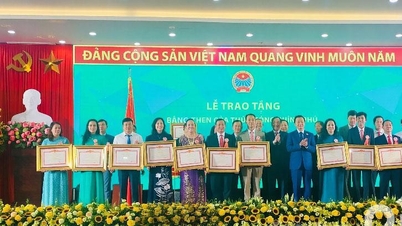













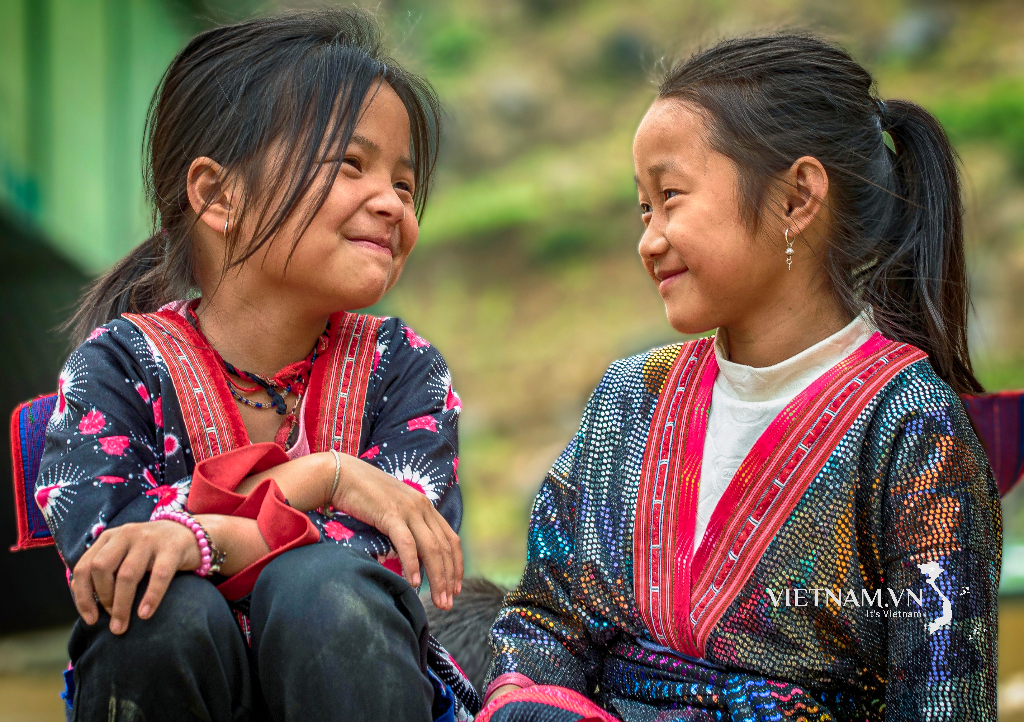
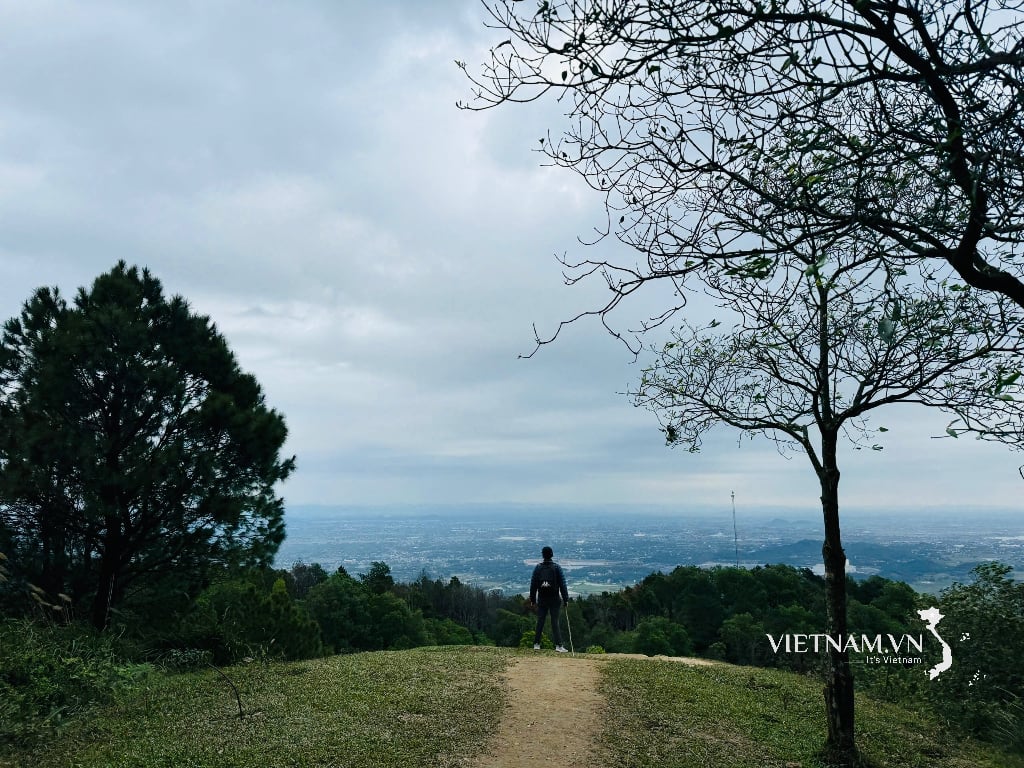


Comment (0)